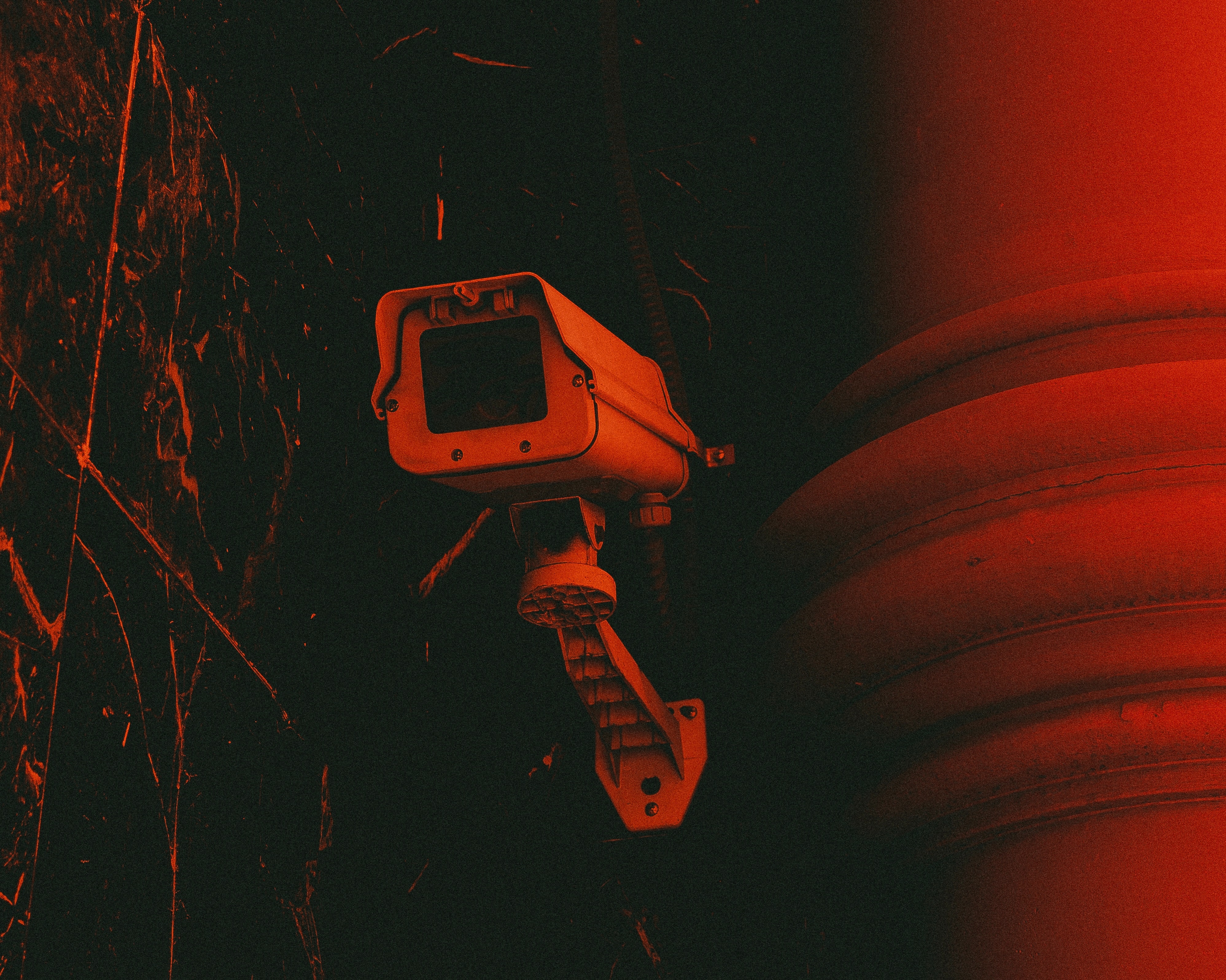Header image by Thomas Tolkien, Creative Commons
Although the media narrative of obtrusive and illegal government surveillance has all but disappeared in recent months, replaced with the propaganda drums of Russian interference, steps are still being taken around the globe to normalise systemic surveillance programmes against everyday citizens.
This third part in the ongoing series on #WorldWarPrivacy will complete our look at the Five Eyes alliance, following on from the overview of the worrying trends displayed in the United States and United Kingdom.
You can read the first two parts here:
Part I: Five Eyes – United States
Part II: Five Eyes – United Kingdom
Filling out the Five Eyes alliance are Australia, New Zealand and Canada. Three countries that might seem relatively insignificant in the current geopolitical climate; but that nonetheless are taking drastic measures to legitimise highly intrusive surveillance programmes. Undermining the right to privacy that many people hold as a key tenet of a healthy, flourishing society.
Australia
The push to widen the boundaries of surveillance legislation in Australia has overall been a successful one, following similar trajectories (and public reasoning) as in other Five Eyes nations. Of particular note is the exemption of certain law enforcement and security agencies from the legal prohibitions meant to protect citizen privacy rights. It’s also worrying that the fundamentally flawed call for encryption backdoors seems to be gathering more steam than the failed attempt to do the same in the UK last year.
Facial recognition technology is being implemented by the newly formed Department of Home Affairs (remind you of a certain agency in the USA?); academic conferences are calling for near-invisible surveillance regimes; and on the military front billions are being spent to procure surveillance satellites and spy planes.
There’s at least a token of good news from a consumer perspective, with the Notifiable Data Breaches scheme requiring companies to properly inform customers when their data has been illegally obtained (although this only applies to non-government perpetrators). Although this positive outcome is counter-weighted by Australia allowing comprehensive employee monitoring, with some of the lowest level of protection for employees in the developed world.
New Zealand
A country that is getting a lot of attention recently on the global stage, New Zealand has also been sticking closely to the Five Eyes playbook. Indeed, in many ways they have led the way with the Telecommunications (Interception Capability and Security) Act 2013 able to successfully implement many of the legislation pushes that other Five Eyes countries, such as the UK, had a more difficult time with. It’s also another country with clear evidence of government obfuscation and dishonesty when reporting the extent of such programmes to their own citizens.
Amongst the same story seen in other Five Eyes nations, there are some interesting and unique elements of the New Zealand surveillance story. Consider the use of national security apparatus to gather intel to help bolster a civil servant’s job application to the World Trade Organisation; or that over 60% of adult mental health inpatient units are operating patient-focused CCTV without consent and against the law.
There are government reviews putting forward recommendations to protect citizen interests and rights – but it remains to be seen whether these will be taken seriously or, like elsewhere, just ignored and used as a token display of democratic process.
Canada
If there was ever any doubt that the Five Eyes alliance coordinates every aspect of their surveillance strategies, including legislation, then Canada puts that to rest. Indeed, there’s a long history of government surveillance in Canada that seems to foreshadow much of the current infrastructure.
The key focus in Canada at the moment centres upon heavy investment into military-grade surveillance equipment, such as an increased focus on cyber-warfare and spy planes designated for foreign use but equally usable on home soil.
Following the long-running example set by the UK, there are growing attempts to install extensive CCTV networks by local governments. There are also some interesting developments when it comes to private use of surveillance cameras, for example allowances that have developed out of concerns for the treatment of individuals in care homes, but there’s equally backlash against the threat of citizen-led CCTV infrastructure. Various forms of workplace surveillance have equally seen increasing levels of pushback from unions and employees.
Aspirations for control of the social sphere extend into strangely draconian moves towards global online censorship – a move which, unsurprisingly, is unlikely to really be enforceable outside their own borders. There’s also an increasingly familiar element of surveillance of groups expressing legitimate political dissent, such as that targeting Indigenous leaders and community activism.
There’s some hopeful news, in that privacy concerns were addressed in a report on automated vehicles for the Standing Senate Committee on Transport and Communications – but typically, this only addressed commercial use of data with no mention of the potential misuse by law enforcement or other government agencies.
Conclusion
It’s clear that the agenda of the Five Eyes alliance, now that their shared efforts have been exposed and openly challenged, is to bring their activities into the boundaries of the law whilst sidestepping any checks and balances put in place. This process gives the impression to the general public of oversight and accountability, yet the programmes continue to gain momentum and capacity at an alarming rate.
Of course, what we are seeing with the Five Eyes alliance is but the Western counterpart of shocking surveillance regimes conducted by other global superpowers. So, before I’m accused of being another Russian shill… the next part of this series on #WorldWarPrivacy will look at the post-KGB infrastructure of the oligarchs in Russia and the near total control that they are seeking with impunity.
Until then, here are the best ways to take your privacy into your own hands.





![[Review] Propaganda: Power and Persuasion Propaganda Due](https://www.futureconscience.com/wp-content/uploads/2013/09/propaganda2-150x150.jpg)